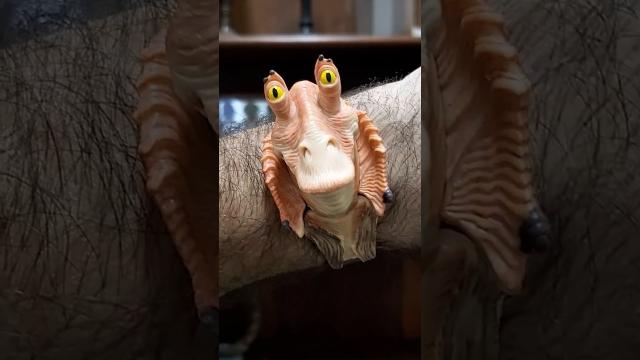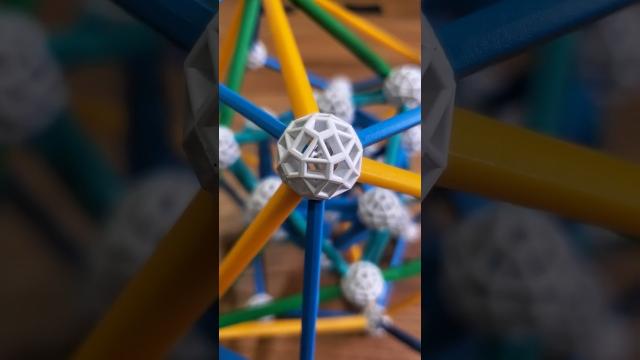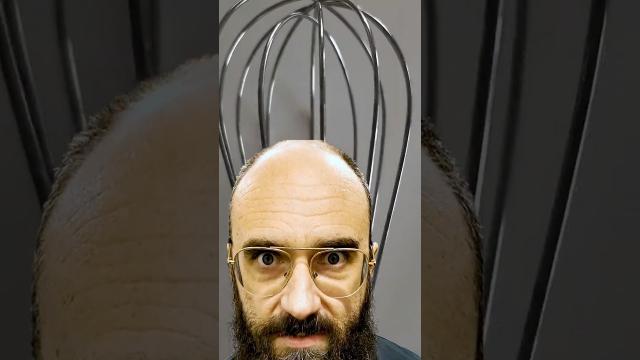Time Travel, Teleportation & Science
Time travel is the concept of moving between different points in time in a manner analogous to moving between different points in space, generally using a theoretical invention, namely a time machine. It has a commonly recognized place in philosophy and fiction, but has a very limited application in real world physics, such as in quantum mechanics or wormholes.
Although the 1895 novel The Time Machine by H. G. Wells was instrumental in moving the concept of time travel to the forefront of the public imagination, The Clock That Went Backward by Edward Page Mitchell was published in 1881 and involves a clock that allowed three men to travel backwards in time.[1][2] Non-technological forms of time travel had appeared in a number of earlier stories such as Charles Dickens' A Christmas Carol. Historically, the concept dates back to the early mythologies of Hinduism (such as the Mahabharata), Buddhism, and Islam through ancient folk tales. More recently, with advancing technology and a greater scientific understanding of the universe, the plausibility of time travel has been explored in greater detail by science fiction writers, philosophers, and physicists.
Teleportation, or Teletransportation, is the theoretical transfer of matter or energy from one point to another without traversing the physical space between them. It has a commonly recognized place in science fiction literature, film, and television, but as yet has a very limited application in real world physics, such as quantum teleportation or the study of wormholes.
Science (from Latin scientia, meaning "knowledge") is a systematic enterprise that builds and organizes knowledge in the form of testable explanations and predictions about the universe. In an older and closely related meaning, "science" also refers to a body of knowledge itself, of the type that can be rationally explained and reliably applied. A practitioner of science is known as a scientist.
In modern usage, "science" most often refers to a way of pursuing knowledge, not only the knowledge itself. It is also often restricted to those branches of study that seek to explain the phenomena of the material universe.
Source : Wikipedia
-
03:08
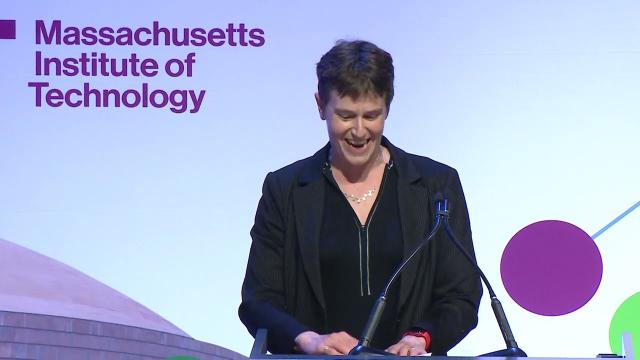
MIT Health and Life Sciences Collaborative Launch Kresge Main Connections
Added 51 Views / 0 LikesWatch more videos from MIT: http://www.youtube.com/user/MITNewsOffice?sub_confirmation=1The Massachusetts Institute of Technology is an independent, coeducational, privately endowed university in Cambridge, Massachusetts. Our mission is to advance knowled
-
1:01:56
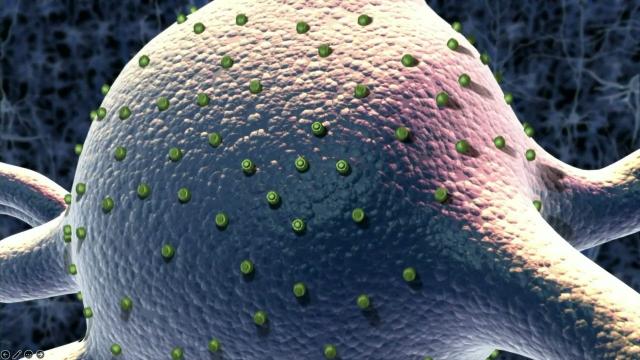
MIT Health and Life Sciences Collaborative Launch Kresge Oval
Added 44 Views / 0 LikesWatch more videos from MIT: http://www.youtube.com/user/MITNewsOffice?sub_confirmation=1The Massachusetts Institute of Technology is an independent, coeducational, privately endowed university in Cambridge, Massachusetts. Our mission is to advance knowled
-
59:19
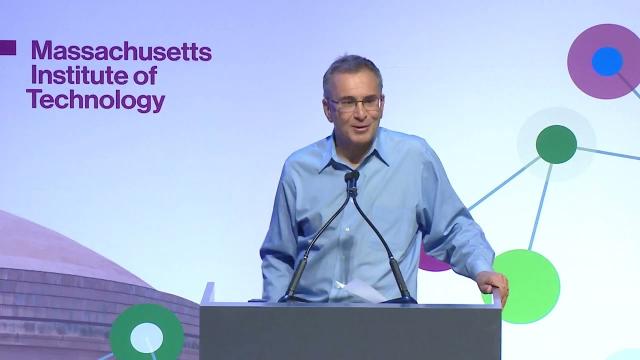
MIT Health and Life Sciences Collaborative Launch Kresge Main Healthcare Breakout
Added 39 Views / 0 LikesWatch more videos from MIT: http://www.youtube.com/user/MITNewsOffice?sub_confirmation=1The Massachusetts Institute of Technology is an independent, coeducational, privately endowed university in Cambridge, Massachusetts. Our mission is to advance knowled
-
1:01:18
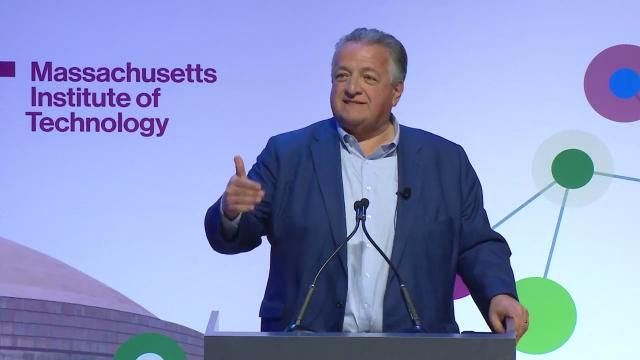
MIT Health and Life Sciences Collaborative Launch Kresge Main Collaboration
Added 44 Views / 0 LikesWatch more videos from MIT: http://www.youtube.com/user/MITNewsOffice?sub_confirmation=1The Massachusetts Institute of Technology is an independent, coeducational, privately endowed university in Cambridge, Massachusetts. Our mission is to advance knowled
-
1:03:13
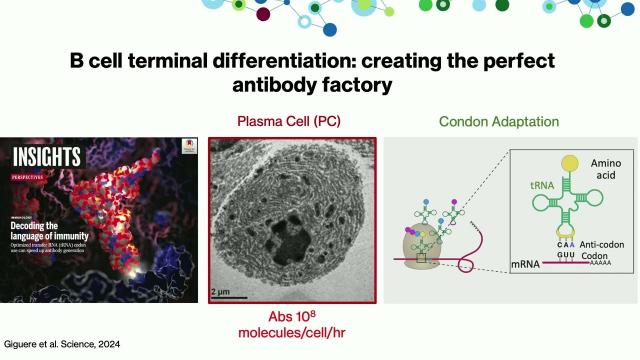
MIT Health and Life Sciences Collaborative Launch DuPont Gym Immunology
Added 45 Views / 0 LikesWatch more videos from MIT: http://www.youtube.com/user/MITNewsOffice?sub_confirmation=1The Massachusetts Institute of Technology is an independent, coeducational, privately endowed university in Cambridge, Massachusetts. Our mission is to advance knowled
-
1:01:31
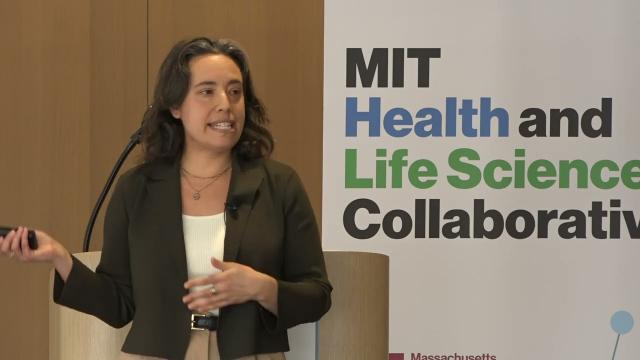
MIT Health and Life Sciences Collaborative Launch
Added 38 Views / 0 LikesWatch more videos from MIT: http://www.youtube.com/user/MITNewsOffice?sub_confirmation=1The Massachusetts Institute of Technology is an independent, coeducational, privately endowed university in Cambridge, Massachusetts. Our mission is to advance knowled
-
09:47
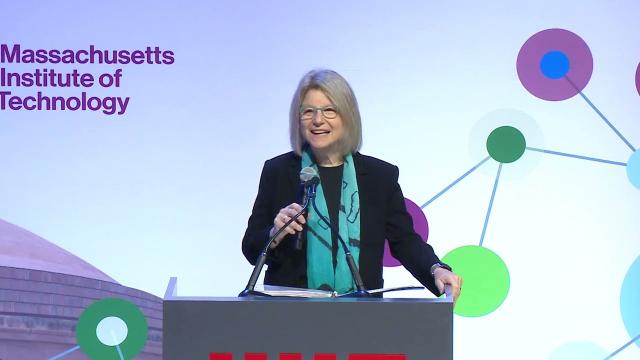
MIT Health and Life Sciences Collaborative Launch Kresge Main Gov Healey Remarks
Added 36 Views / 0 LikesWatch more videos from MIT: http://www.youtube.com/user/MITNewsOffice?sub_confirmation=1The Massachusetts Institute of Technology is an independent, coeducational, privately endowed university in Cambridge, Massachusetts. Our mission is to advance knowled
-
19:47
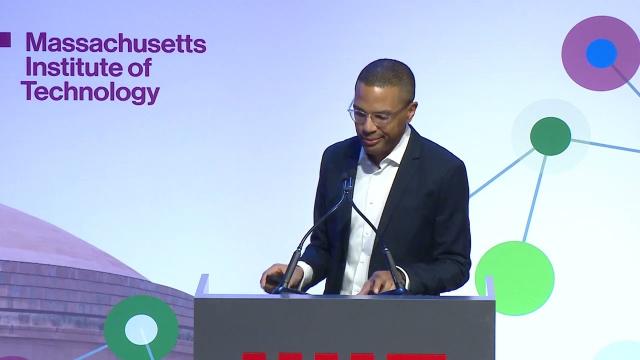
MIT Health and Life Sciences Collaborative Launch Kresge Main Expansion
Added 41 Views / 0 LikesWatch more videos from MIT: http://www.youtube.com/user/MITNewsOffice?sub_confirmation=1The Massachusetts Institute of Technology is an independent, coeducational, privately endowed university in Cambridge, Massachusetts. Our mission is to advance knowled
-
09:47
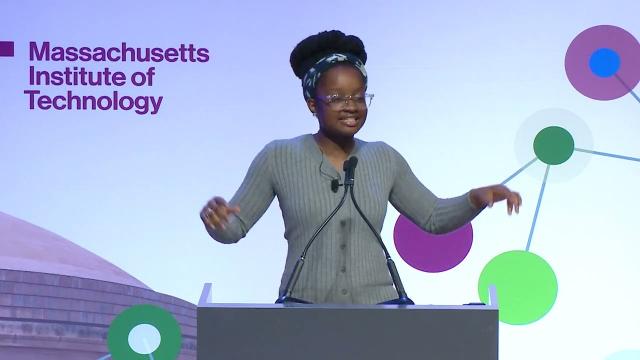
MIT Health and Life Sciences Collaborative Launch Kresge Main Systems
Added 41 Views / 0 LikesWatch more videos from MIT: http://www.youtube.com/user/MITNewsOffice?sub_confirmation=1The Massachusetts Institute of Technology is an independent, coeducational, privately endowed university in Cambridge, Massachusetts. Our mission is to advance knowled
-
30:33
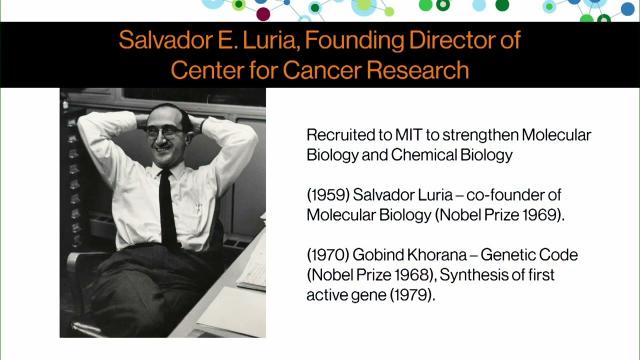
MIT Health and Life Sciences Collaborative Launch Kresge Main Phillip Sharp Keynote
Added 32 Views / 0 LikesWatch more videos from MIT: http://www.youtube.com/user/MITNewsOffice?sub_confirmation=1The Massachusetts Institute of Technology is an independent, coeducational, privately endowed university in Cambridge, Massachusetts. Our mission is to advance knowled
-
01:18
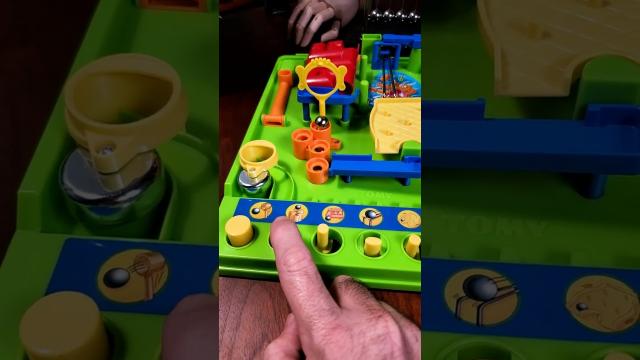
Screwball Scramble!
Added 48 Views / 0 LikesI gave this to my daughter ????. but. I'm loving it too ????There are 2 additional courses that can by added to this one to make a nice looooong game.#screwballscramble #game #mechanical #80s #ballbearing #toy #challenge #arcade #tomy #buttons #dials #joy
-
2:00:06
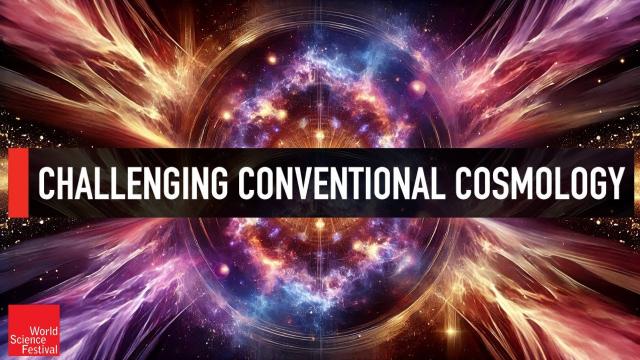
Challenging Conventional Cosmology
Added 49 Views / 0 LikesNeil Turok joins Brian Greene to describe his new ideas for curing the big bang singularity and providing a natural dark matter candidate, all while avoiding the conventional paradigm of inflationary cosmology.This program is part of the Big Ideas series,
-
00:45
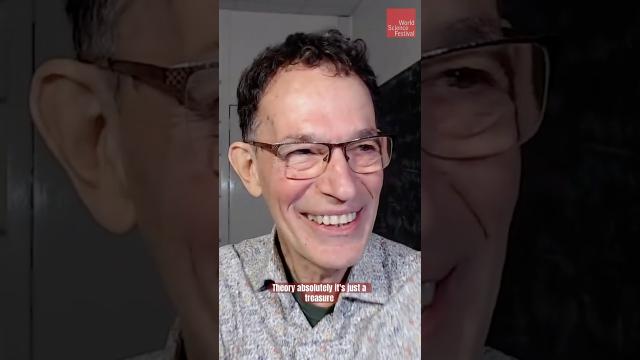
A new dark matter candidate & curing the Big Bang singularity? #darkmatter #bigbang #cosmology
Added 45 Views / 0 Likes -
02:29
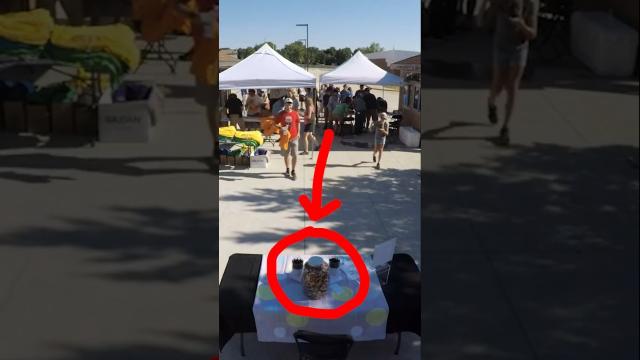
The Experiment We Didn't Show
Added 46 Views / 0 LikesWisDUMB Of The Crowd?#MindField #season3 #StilwellBrain #psychology #mind #brain #highschool #neuralnetworks #socialexperiment #guessing #wisdomofthecrowd #research #experiment #conformity #jellybeans #guessinggame
-
00:28
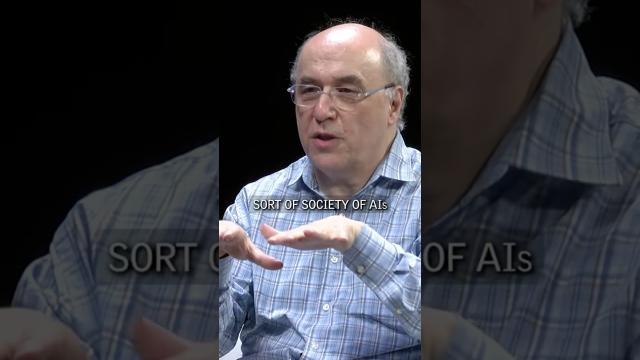
How would a society of AIs behave?Stephen Wolfram & Brian Greene discuss #ai #artificialintelligence
Added 58 Views / 0 Likes -
01:01
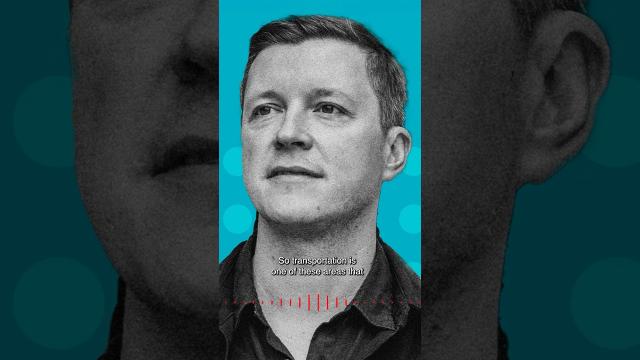
Street smarts
Added 46 Views / 0 LikesAndres Sevtsuk applies new sources of data to creating more sustainable, walkable, and economically thriving city spaces. Here he speaks with MIT President Sally Kornbluth about the complex forces that shape our cities and the effects of urban planning on
-
27:45
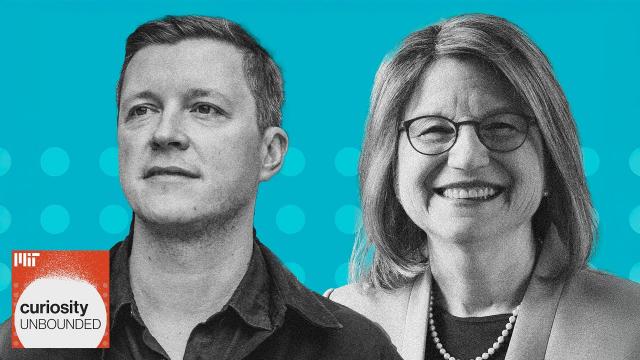
Curiosity Unbounded, Ep. 12: Making sense of cities
Added 56 Views / 0 LikesAndres Sevtsuk is an associate professor of Urban Science and Planning at MIT. His work focuses on the influence of urban design on sustainable travel behavior and quality of life, and contributes to making cities more walkable, sustainable and equitable.

